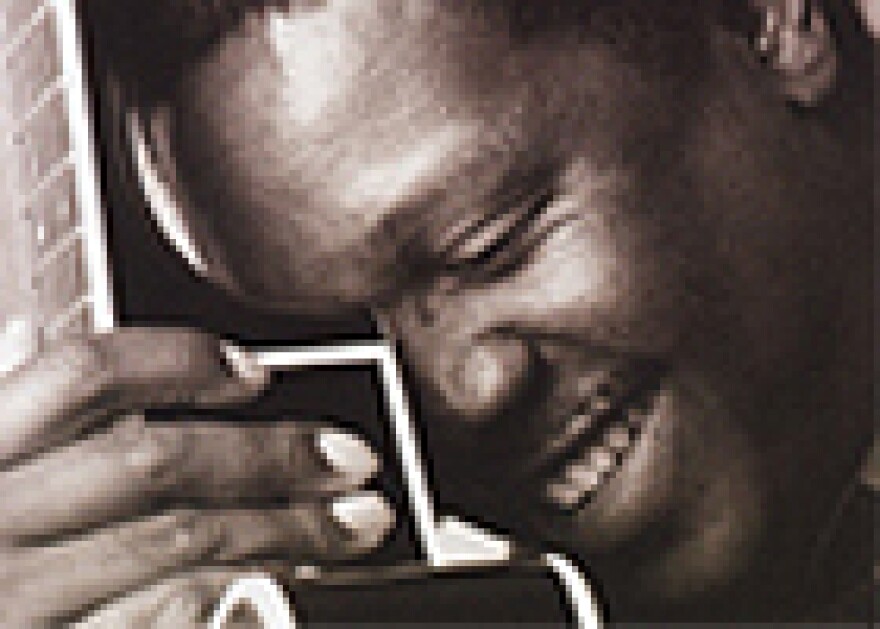

In the 1980s, Vusi Mahlasela was a voice of the revolution in South Africa. His music gave expression to the political ideals of the anti-apartheid movement. In the 1990s, he became a musical megastar in his home country and started building an audience abroad. Now signed to the record label of native South African musician Dave Matthews, Mahlasela's music is telling South Africa's story on a global stage. NPR's Gemma Hooley offers a profile of the artist.
Mahlasela was born in 1965 and raised by his grandmother in Mamelodi township outside Pretoria. A self-taught guitarist, he built his first guitars from cooking-oil cans, with fishing-wire for strings. Novelist Nadine Gordimer, who calls Mahlasela a "national treasure," took an interest in him at an early age and arranged guitar lessons. Soon Mahlasela was performing at political rallies across the country, singing about South Africans' struggles under the apartheid system.
Matthews became aware of Mahlasela's music more than a decade ago, during his late teen years in South Africa. "I think Vusi's music does a great job of explaining or expressing the spirit that was so vibrant underneath the weight of apartheid," he says. Matthews was drawn to what was considered the underground music scene, an army of musicians like Mahlasela, intent on liberating their country through song. "It's great to have in such recent history an example of a revolution that was fought, and so successfully, as much in cultural expression as it was in blood."
In the '90s, with the release of Nelson Mandela and the first democratic elections in South Africa, Mahlasela landed recording deals that resulted in a series of albums, European and African tours, and major South African music awards. His music is deeply rooted in folk, African jazz and the a capella "mbube" music that Ladysmith Black Mambazo made famous. His musical messages mirrored the changes happening in his country: Mahlasela became a peacemaker and social commentator, using his music to foster national reconciliation. "If you are bitter you are like a dry leaf that you can just squash and you can get blown away by the wind. There is much more wisdom in forgiveness."
A U.S. album debut — The Voice — was released this past summer on Matthews' record label ATO Records. Mahlasela sings in six different South African languages, including English. "I want my music to be accessible to every listener because I know that I really have something to say in terms of really, you know, removing thorns from people, thorns that really makes us unaware that we are bleeding with these thorns, like pain, grief, jealousy and so on."
Matthews says Mahlasela's music, while intensely personal, resonates with people because they can take it for their own. "Whether it's the music that he wrote inspired by the fight against apartheid or if it's music that's inspired by the struggles of his neighbors, for me it all hits in a very similar place. And in many ways his music could apply anywhere. It could apply to New York City or it could apply to Israel or to Kosovo in many ways because it is about the struggle of being a human."
Mahlasela will tour the U.S. later this fall.
Copyright 2022 NPR. To see more, visit https://www.npr.org.

